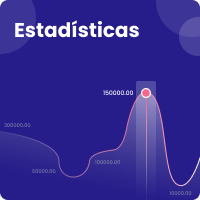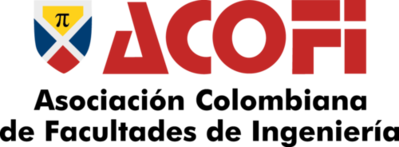A MODEL TO PEDAGOGICALLY SUPPORT TEACHING & LEARNING SCENARIOS FOR ENGINEERING INNOVATION FROM A COMPLEX SYSTEMS PERSPECTIVE
DOI:
https://doi.org/10.26507/ponencia.1424Resumen
Education for innovation requires innovation in education. To innovate in education implies new pedagogical models. It is not enough to just apply teaching/learning methods or strategies in a mechanical or procedural approach. It requires the conception of new pedagogical models based on theories that allow for processing of different interpretations of diverse complexity educational phenomena, i.e. other ways of producing and implementing pedagogical knowledge. Education in the different engineering programs has been carried out through analytical and linear processes; however the reality of education is given by complex systems characterized by uncertainty, chaos, breaks, nonlinearity and self-organization. To optimize curriculum processes that foster innovation in students, require strategies and teaching-learning scenarios that stimulate nonlinear processes and generate a change in the mindset of the professor and the student with new ways to understand and approach the reality of educating engineers. Making methodological adjustments without the understanding of the epistemological orientation that take into account complex dynamic processes will only generate pseudo-changes which limits the creativity and innovation processes. Currently, there are several global initiatives for the development of teaching-learning scenarios in order to facilitate innovation processes in engineering education and education for innovation. This paper is a proposal by the Complex Systems & Education Network (SCED-ISTEC) and the College of Engineering at the University of South Florida, of a model developed to pedagogically support innovation scenarios in educating engineers and educating for innovation using the sciences of complexity. The suggested scenarios are framed in a dynamic curriculum structure. They are characterized by hard and soft state-of-the-art technologies, interdisciplinary, flexible, pedagogical research processes, methodologies for cognitive restructuring, solving complex problems, modeling, simulation, interactions with university/industry programs and facilitating applications according to context and society needs.
Descargas
Descargas
Publicado
Cómo citar
Evento
Sección
Licencia

Esta obra está bajo una licencia internacional Creative Commons Atribución-NoComercial-SinDerivadas 4.0.
| Estadísticas de artículo | |
|---|---|
| Vistas de resúmenes | |
| Vistas de PDF | |
| Descargas de PDF | |
| Vistas de HTML | |
| Otras vistas | |








